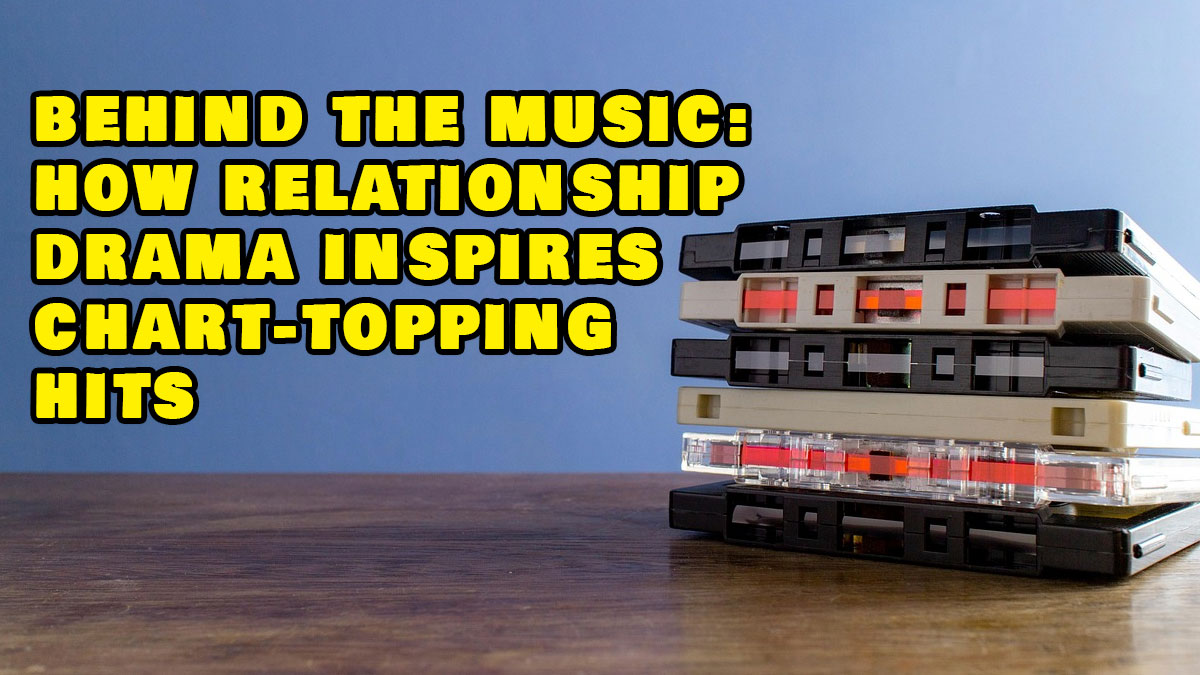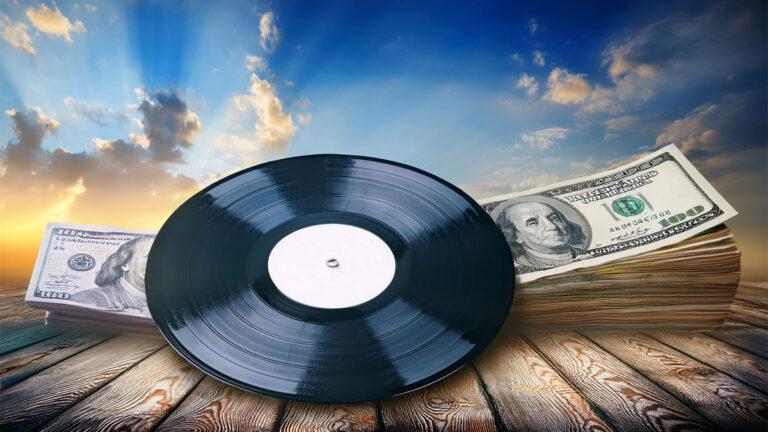Love, heartbreak, betrayal—these universal experiences have long been the fuel for some of the most iconic music ever created. Whether it’s Taylor Swift unpacking a failed romance, Beyoncé confronting infidelity in Lemonade, or Adele turning heartache into Grammy gold, relationship drama has proven to be one of the most powerful muses in modern music.
Listeners don’t just connect with these songs emotionally—they live through them, replaying memories, finding comfort, or even uncovering new truths about their own relationships. What is it about personal turmoil, especially romantic betrayal, that makes for such magnetic music?
Heartbreak as Art: The Oldest Inspiration in the Book
From blues legends to contemporary pop stars, artists have always drawn from emotional wounds to craft deeply personal songs. The pain of a broken heart is visceral, raw, and, for better or worse, relatable. A well-written breakup anthem doesn’t just tell a story—it shares an experience that millions have lived through in their own way.
Fleetwood Mac’s Rumours, released in 1977, remains one of the most striking examples of relationship drama turned into musical magic. Written while the band members were going through multiple breakups—with each other—the album became a candid emotional diary. Instead of falling apart, the group channeled the chaos into one of the most critically acclaimed albums of all time.
More recently, artists like Olivia Rodrigo (SOUR) and SZA (SOS) have struck similar chords with younger audiences by translating emotional wounds into chart-topping success.
Infidelity: A Recurring Theme in Music
While heartbreak in general makes for great content, infidelity—with its betrayal, confusion, and emotional volatility—is particularly potent. There’s a reason why so many of the most iconic songs are centered around cheating.
Beyoncé’s Lemonade is practically a case study in turning betrayal into art. The album takes the listener on an emotional journey from suspicion to rage, reflection, and ultimately forgiveness. It doesn’t just tell a story; it delivers a therapeutic experience for anyone who’s ever questioned a partner’s loyalty.
Shakira’s explosive 2023 diss track about her breakup with Gerard Piqué also made global headlines, not just for its catchy beat, but for the raw, unfiltered lyrics that laid bare her emotions. Audiences didn’t just consume the song—they devoured the backstory.
The Psychology Behind Musical Catharsis
Why are these songs so popular? Part of it is the catharsis they offer—for both artist and listener. When someone is navigating a painful breakup or betrayal, they often feel isolated. Music reminds them they’re not alone. That emotional resonance builds loyalty and fuels streaming numbers.
Moreover, there’s a curiosity factor. Fans often find themselves wanting to know more about what happened behind the scenes. That intrigue leads to deeper engagement, especially when the lyrics hint at real-life events.
This is where music becomes more than art—it becomes a mirror of human behavior, a journal of emotional survival.
Music and the Modern Relationship Toolbox
In a digital age where trust can be tested with a swipe or a secret message, it’s no surprise that music reflecting betrayal resonates so deeply. Interestingly, the same era that birthed social media and dating apps has also led people to seek answers online—not just in songs, but in search engines.
It’s not uncommon to find people Googling things like how to catch someone who is cheating after hearing a breakup anthem that hits a little too close to home. Music can stir emotions, trigger suspicions, or even inspire action—whether it’s confronting a partner or looking for signs of dishonesty.
That cultural overlap between music and digital behavior illustrates how intertwined our emotional and technological lives have become.
From Pain to Power: Artists Reclaiming Their Narrative
For artists, channeling betrayal into music is often more than emotional release—it’s a way of reclaiming power. By owning the narrative, they transform vulnerability into strength, pain into art.
Think of Taylor Swift’s career, built in part on the ability to turn personal stories into universally appealing lyrics. Each breakup or betrayal becomes not a weakness, but a stepping stone toward greater creative expression and public connection.
Even in genres like hip-hop and R&B, where emotional expression hasn’t always been front and center, artists like Drake, Jhene Aiko, and Frank Ocean have brought heartbreak and relational complexity into the spotlight—changing the conversation about masculinity, vulnerability, and personal growth.
Audience Participation: When Fans Become Investigators
Today’s fans don’t just listen to songs—they analyze them. Online communities dissect lyrics, look for hidden meanings, and even piece together timelines based on social media activity. Who is the song about? What really happened? Did they get back together?
This culture of speculation blurs the line between artist and audience, making the music feel even more personal. It’s part fandom, part therapy, and part investigative journalism.
While this level of scrutiny can be invasive for artists, it also keeps their music in the public eye—fueling engagement long after the release date.
Conclusion: The Power of Emotional Honesty in Music
Behind every chart-topping hit fueled by relationship drama is a real human experience—full of confusion, anger, sadness, and ultimately, transformation. These songs speak to our shared vulnerabilities and remind us that even in pain, there is power.
Whether you’re a fan scrolling through your playlist after a tough breakup or an artist turning heartbreak into harmony, one thing is clear: the emotional truth behind the music is what makes it timeless.
And the next time you find yourself singing along to a song about betrayal, you might not just feel the lyrics—you might also start to wonder about the signs and the signals. After all, music doesn’t just reflect life—it can change the way we live it.





